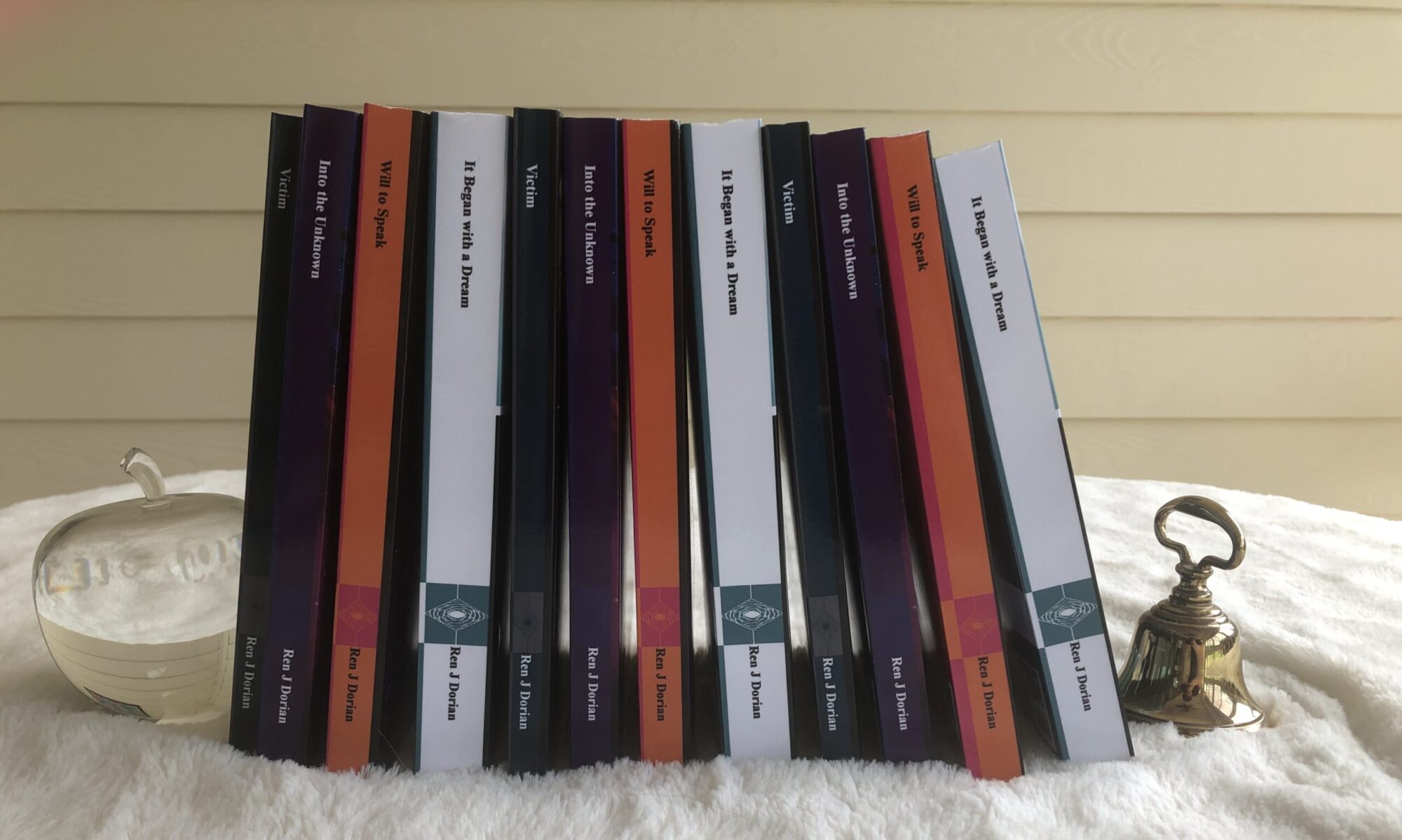- Yes, the narrator is deaf. No, I am not. N (I’ll get to that name in a moment) was initially hearing impaired but lost their hearing as time went on. This is clarified in chapter one (“we both knew I could not hear his words” and “I remembered reasonably well how to say that word aloud. I lost my hearing around twelve or thirteen, so I could not hear my own voice.”). I believe that inclusion of diverse characters is important and I tried to write this character as best I could. Yes, I did my research. No, I am not perfect.
- The narrator is intentionally unnamed. Wondering why? See the blog post [here]. You’ll see references to what should have been another post, but that post actually went unpublished. So, here goes.
Have you ever pictured a character with brown eyes, only to discover on page fifty that she has blue eyes?
This is a rather basic example, but bear with me for a moment. Because this is actually a huge pet peeve of mine.
I know sometimes this is done intentionally (I’m recalling a book where the writer didn’t reveal the narrator’s race until later on as a way to shatter stereotypes), but that tends to be the exception. When I started getting more serious about my own writing, I determined that I would never make that type of change or late reveal unintentionally. Most people who know me in person know that I have a very logical mind. What they don’t always pick up on is that I used to be able to recite my first book from memory. Or that I’m a secret type A. It is exceptionally rare for something in my books to be unintentional (since that means I f-ed up or failed to consider some possibility).
So, once I realized that there was no good way to introduce a character’s gender early in a short story I wrote for creative writing in college, I got creative. I wrote a de-gendered character. And I went all in.
First, I intentionally mixed up gendered mannerisms and language. Authors are actually more likely to use certain verbs for certain gendered characters. For example, see [here]. I mixed these verbs and neutralized the gendered mannerisms in both the POV character and in how the other character interacted with them. Then I decided to run a little experiment on my small group. None of them were told that I’d done this before reading my piece.
A little over half of my group thought the main POV character was male. The rest of them didn’t know or thought the character was female.
Experiment . . . a success?
That short story eventually turned into Will to Speak. But, in the meantime, I was intrigued by having written a de-gendered character. When I began writing Into the Unknown, I realized that there was no good way to introduce the POV character’s gender. So, I de-gendered the language and evolved the character’s voice from that base. N does arguably lean a bit feminine, but that’s due to the natural evolution of the character’s voice. I made a personal choice to keep the character unnamed.
There is, arguably, another reason at play here:
“All fiction is largely autobiographical, and much autobiography is, of course, fiction.” –P.D. James.
As I began exploring my own non-binary identity, I also began exploring how gendering and gendered understandings manifest in the world around me. I was especially interested in how I expressed and pushed back against the gendered lens I’d been socialized into. I could argue that the de-gendered voice I used as a base for the character’s voice is, in fact, a voice removed from the gender binary. In a way, that makes this character’s voice highly personal. N also reclaims a bit of femininity which is a process that I myself went through. There is nothing wrong with a gendered character having a gendered voice. But, as a non-binary author, I am in a unique position for creating differently gendered character voices. This is something that I definitely do intend to experiment with more in the future.
Note from the future: (Yes, I know, I’m including this when the original post is made. Trust me. I’m not a mind reader, but I can point out something now.) GT’s gender isn’t clearly revealed until later in Will to Speak, but their ambiguity is revealed early on. For example, Kitsy notes how odd GT’s attire is for a male avatar. I did this as a way to combat some stereotypes and add a wonderful splash of representation. So, yes, that later reveal is intentional.
